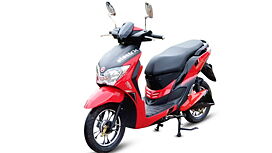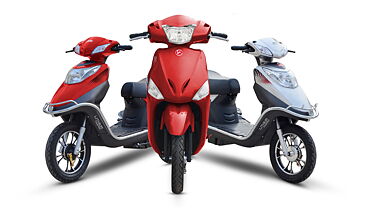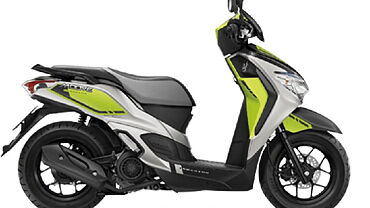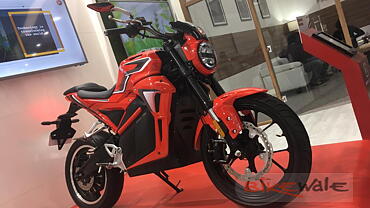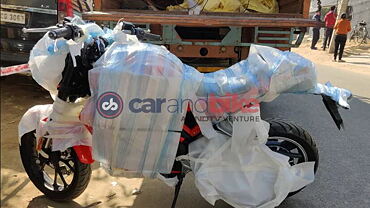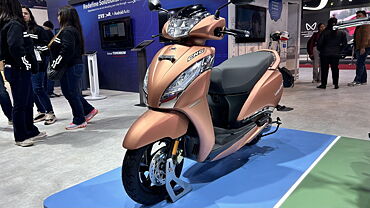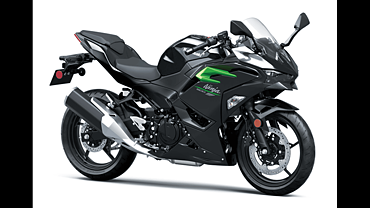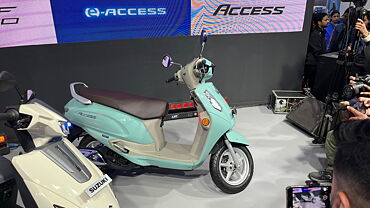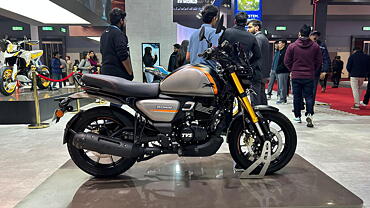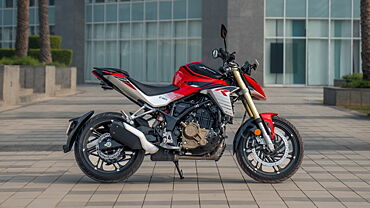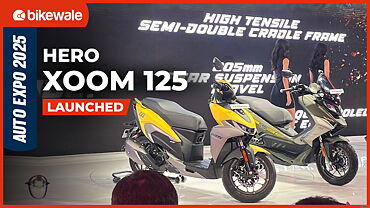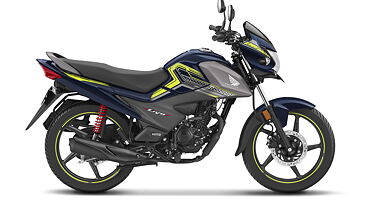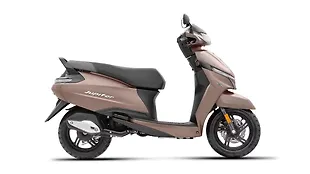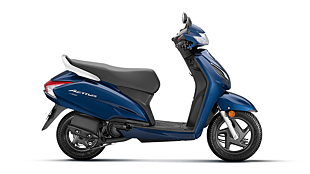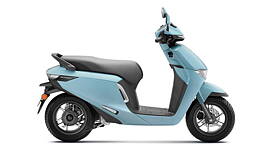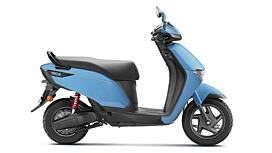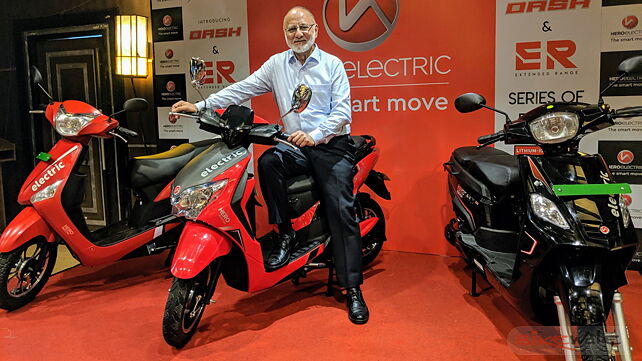
- Hero Electric Dash priced at Rs 62,000
- Packs a lithium-ion battery with a charge time of four hours and a 60km range
- Features LED headlights, digital instrument cluster, dual-tone body panels and remote boot opening
- Brand plans to attain 1000 touchpoints milestone by end of 2020
Hero Electric has expanded its electric scooter portfolio in the country by launching the all-new Dash. The scooter is priced at Rs 62,000 thus positioning itself between the Optima (single-battery variant) and the range-topping Photon model. The new scooter was showcased with the recently launched extended range variants of the Optima and Nyx models.
The all-new Dash electric scooter follows a modern and sporty design language that looks appealing. It features a twin-pod LED headlamp with LED DRLs incorporated into the front apron, small windscreen on the handlebar, chrome side mirrors and brushed levers. It also features a dual-tone colour scheme with a large ‘electric’ decal on the front apron and graphic work to make it look attractive. The Dash is featured loaded with several goodies like a digital instrument cluster, USB mobile charging port and a remote boot opening function which is interesting for an electric scooter.
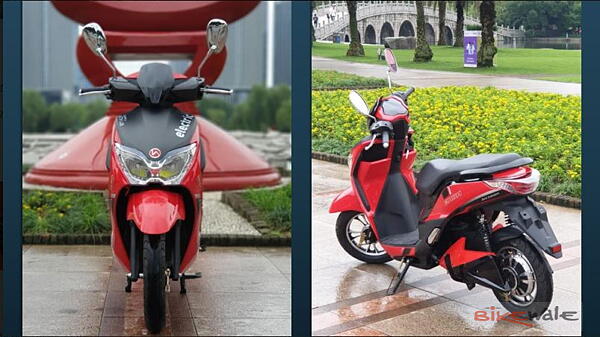
In terms of powertrain, the Dash is equipped with a 250W BDLC motor that is powered by a 48v 28 Ah Li-Ion battery. The battery takes four hours to attain a full charge and is rated to deliver a range of 60km. The scooter has a dry weight of 77kg and is capable of achieving a top speed of 25kmph.
For cycle parts, the Dash is suspended by telescopic forks up front and dual shock absorber at the rear. For braking, the scooter employs drum brakes at both ends. Ground clearance has been set at 145mm. The electric scooter rides on 13-inch magnesium alloy wheels shod with tubeless tyres.
The all-new Dash electric scooter is available across all the 615 Hero Electric outlets in India. The company looks forward to extending its reach to 1000 outlets by the end of 2020. Besides that, the company is also planning aggressive investments in the next three years to ramp up the production capacity of its electric scooters to five lakh units annually.

